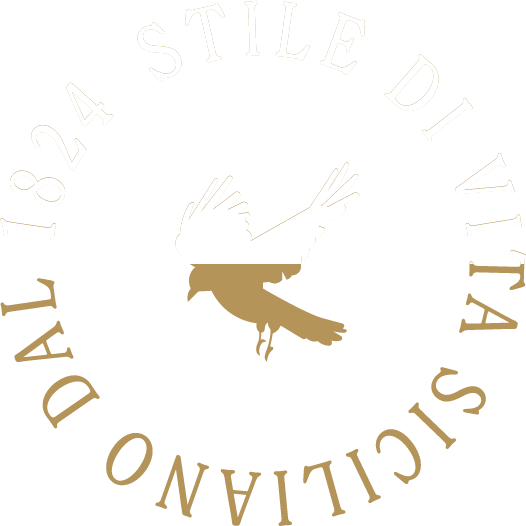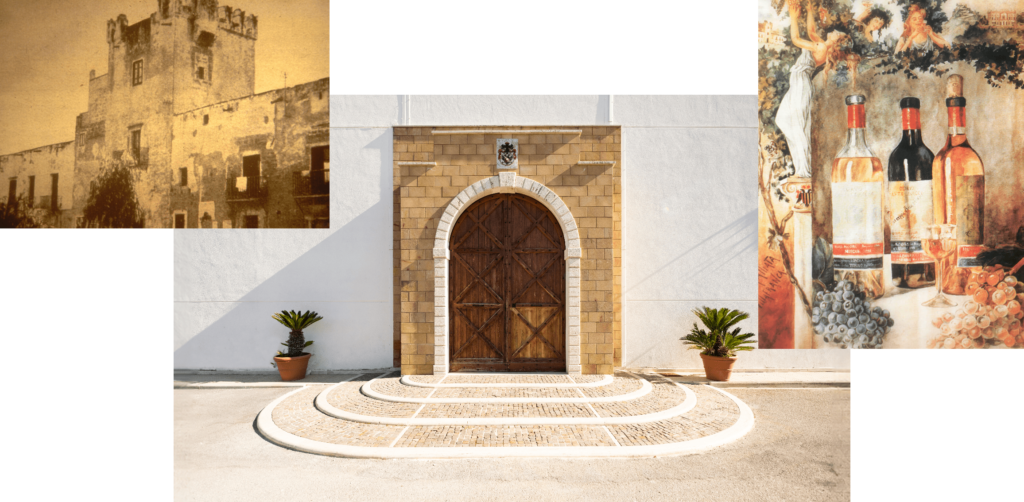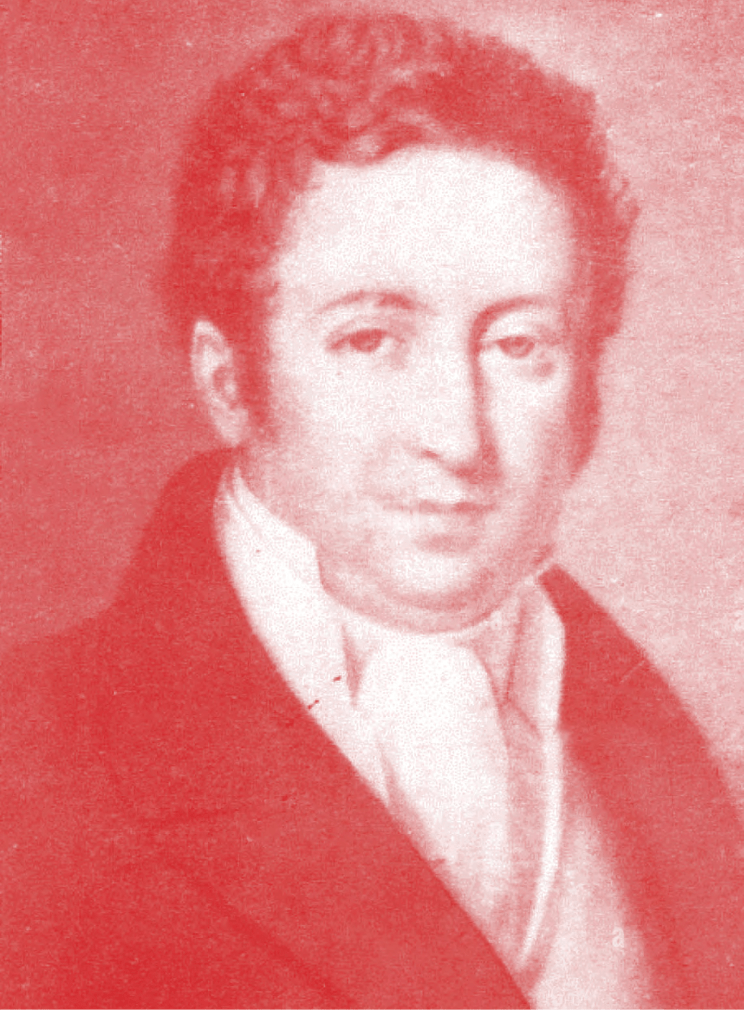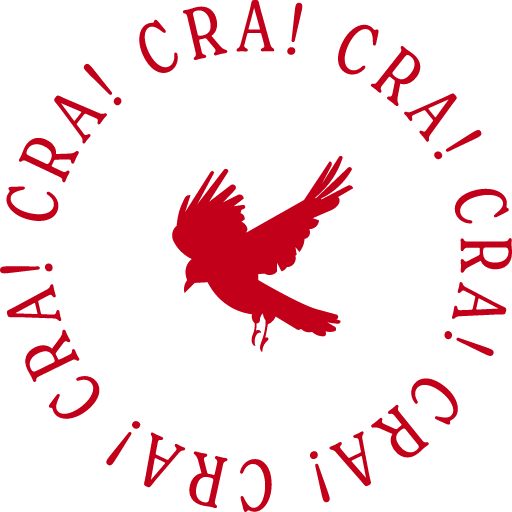
Corvo
History
‘a few kilometres from Palermo… not far from the busy city of Palermo, on a gentle hill, a group of quiet, honest, hard-working people have chosen to live… this could very well be how the story of Casteldaccia, Corvo wine and the Dukes of Salaparuta begins.’

The history of one of the longest-standing wineries in Italy began in 1824 on the plots of land in Valle Corvo. For the first time, in his home in Bagheria, Prince Giuseppe Alliata, driven by passion and the desire for change, made wine from the grapes grown in his vineyards, giving life to the first two wines: Corvo Bianco and Corvo Rosso.

In this way, Giuseppe Alliata became the first Sicilian businessman in the wine industry, which was soon to cross regional borders and arrive in Italy and then in foreign markets.

1824
This is the date that we refer to when we want to place the birth of Corvo in the timeline. It was in this year that Giuseppe Alliata began to get involved in winemaking. He planted 1,000 Zibibbo rootings in the plain of Sant’Oliva, on the outskirts of Palermo, took part in the first harvest and vinified the grapes at Villa Valguarnera in Bagheria, which was used as a wine cellar.
It was during these years that the first wine shop was opened on the ground floor of the Palazzo Alliata in Piazza Bologni, Palermo: Corvo Rosso and Corvo Bianco. From there, home deliveries were also made.
1844
Giuseppe Alliata hands over the management of the company to Duke Edoardo di Salaparuta, who, as a result of his marriage to Felicita Lo Faso, receives a dowry of numerous fiefs and properties, including what was to become the first real winemaking cellar, in the square of Casteldaccia, in the province of Palermo.
1865
Phylloxera spreads throughout Europe, but Edoardo, who had studied and travelled extensively, is able to save his crops in Sicily by importing the American rootstock. Phylloxera devastates every plant in the surrounding countryside, but his vineyards are in full bloom.
1874
Edoardo, who had excellent management skills, decides to seek the help of an oenologist from Bordeaux, Jean Lagarde, from whom he learnt the methods and processes typically used in the French winemaking tradition. Together, they buy the Mabille winepress with four feed inlets from France, which would later allow Edoardo to extract only the grape must, the most valuable part of the juice. And so Corvo Prima Goccia was born. That same year, Corvo sold 100,000 bottles in Italy and abroad and the Corvo brand are officially registered with the Prefecture of Palermo.
1964
The company is taken over by the Region of Sicily. After being sold by the Alliata family, the restructuring period begins. Production increases from 150,000 to 750,000 bottles and Corvo begins to export, with an 83% increase in turnover.
1994
Corvo Glicine was born, an innovative project for those years, truly unique and highly successful. Glicine is created to satisfy the tastes of those who seek freshness, harmony and light-heartedness in a glass. Extremely pleasant wines with an unmistakable aromatic intensity. The result of painstaking work to recreate the perfect harmony between quality grapes and innovation.
2001
2004
The wine-making cellars in Aspra are renovated and equipped with the latest grape processing equipment, which preserves the organoleptic characteristics of each grape variety harvested and ensures that each stage of production is constantly monitored.
2010
Corvo’s line of organic varietal wines, Irmàna: Nero d’Avola, Grillo and Frappato varietal wines, for those who seek the authentic and recognisable taste of each grape variety.
2024
Corvo harvests its 200th vintage.
The origin of the name
The pact with the Nature
«Cra-cra! I am the Crow and he is Prince Giuseppe. We have made a pact: I won’t raid his fields and he will give my name to his land».

Legend has it that Corvo di Casteldaccia Valley got its name after a man made a pact with a crow. This is the story that in 1824 gave Prince Giuseppe Alliata the idea to name his vineyard “Corvo”, the Italian word for crow, and this pact inspired us to tell you about the new Corvo Classics. The pair perfectly represent the identity of the range embodying the historic origins of the brand and the pact with Nature that the vineyard has honoured for two centuries.
Corvo's Sicily
Corvo is deeply linked to Sicily,
as this is where it was born and where its roots lie.
Corvo wines are a testament to the history and diversity of the climates, landscapes, places and traditions that make up the island’s unique terroir.
Corvo is the embodiment of all the emotions that Sicily has to offer, from the sea to the mountains.
Corvo grapes and the relationship with grape suppliers
Corvo’s grapes are sourced exclusively from Sicilian wine growers who have been in business with the company for more than 20 years. They are a valuable resource, not only for commercial interests, but also and above all for their human value, based on mutual respect and trust, which are essential values at every stage of the process. The company assures its grape suppliers that all agricultural activities, timing and methods of intervention on the vines are agronomically supervised. The quality of the grapes is carefully assessed during the harvest, which is managed according to the production requirements and the viticultural potential of the various growing areas. All grape suppliers follow and adhere to a company protocol of processing and agricultural practices that are included and provided for in the Corvo production specification. Grape suppliers are involved in sampling the grapes as they ripen and participate in harvesting as instructed by the company.
